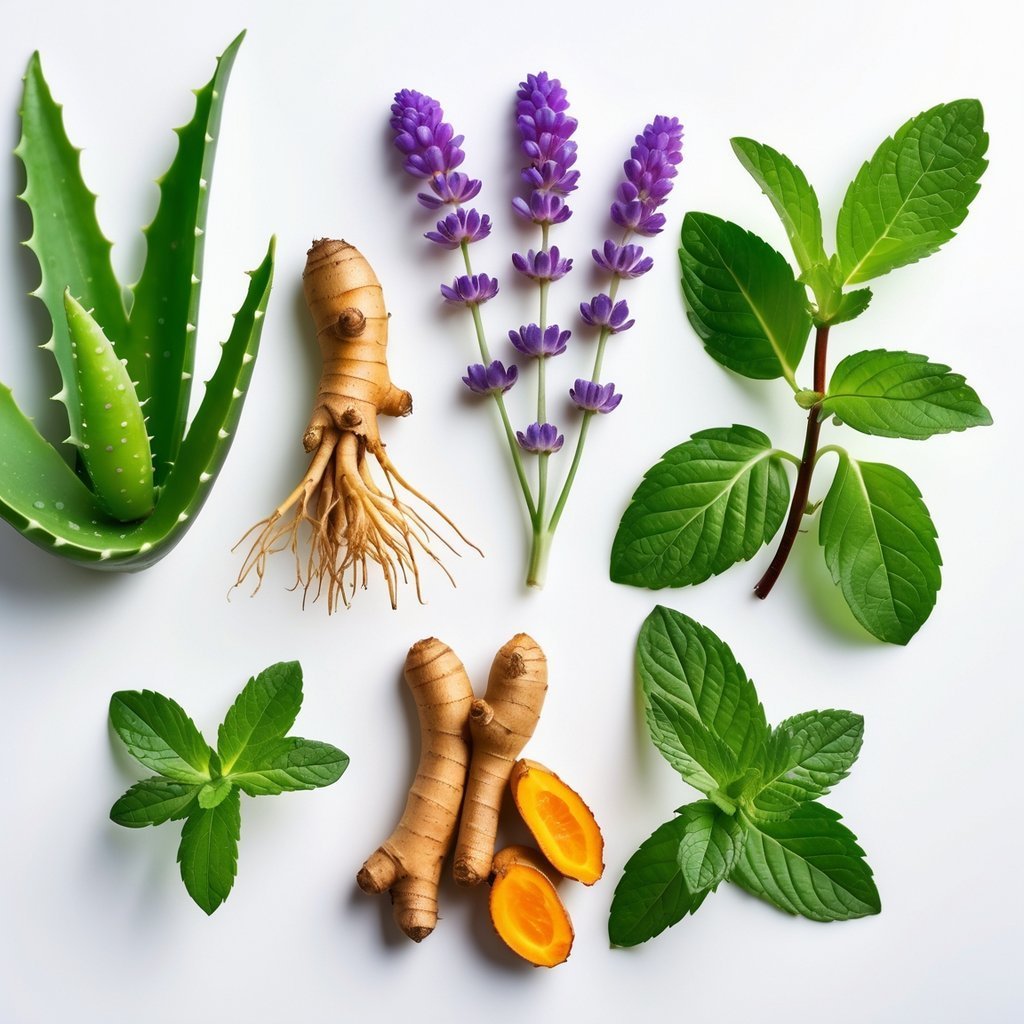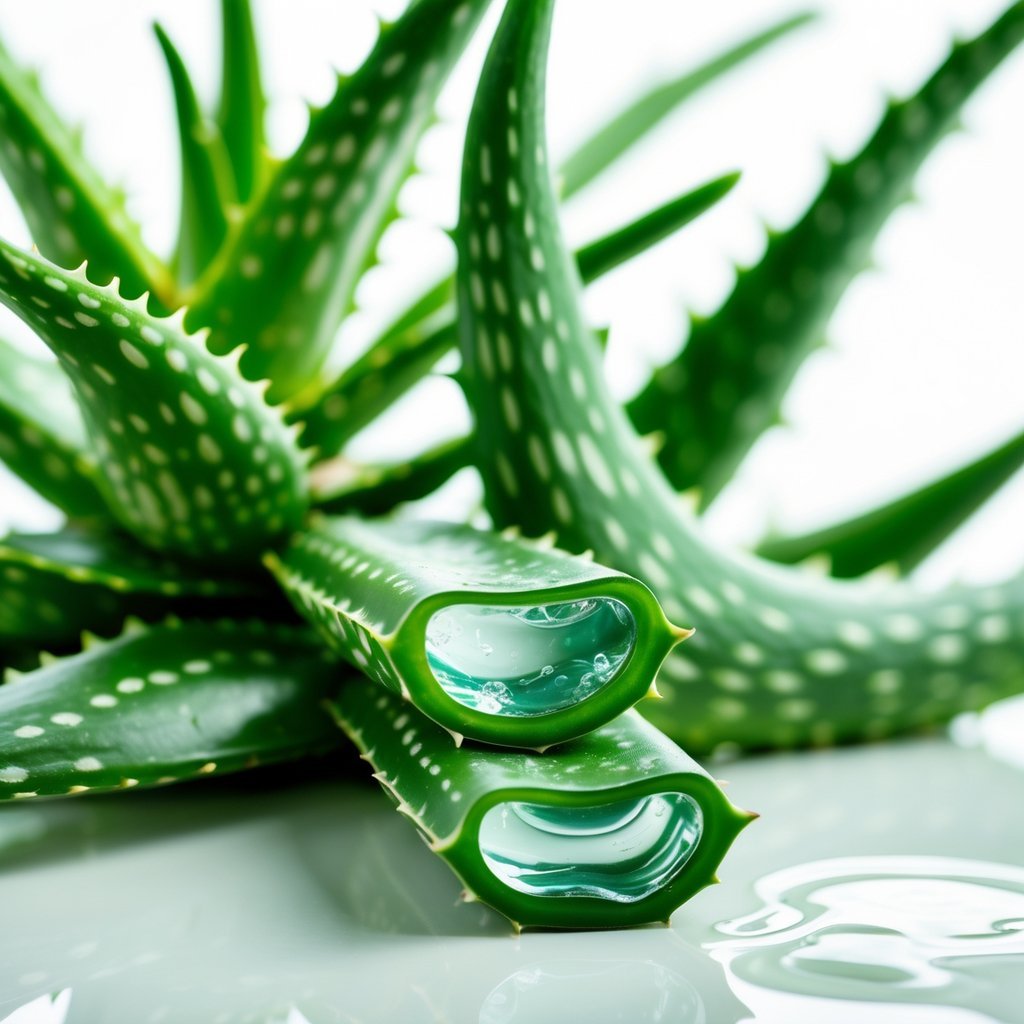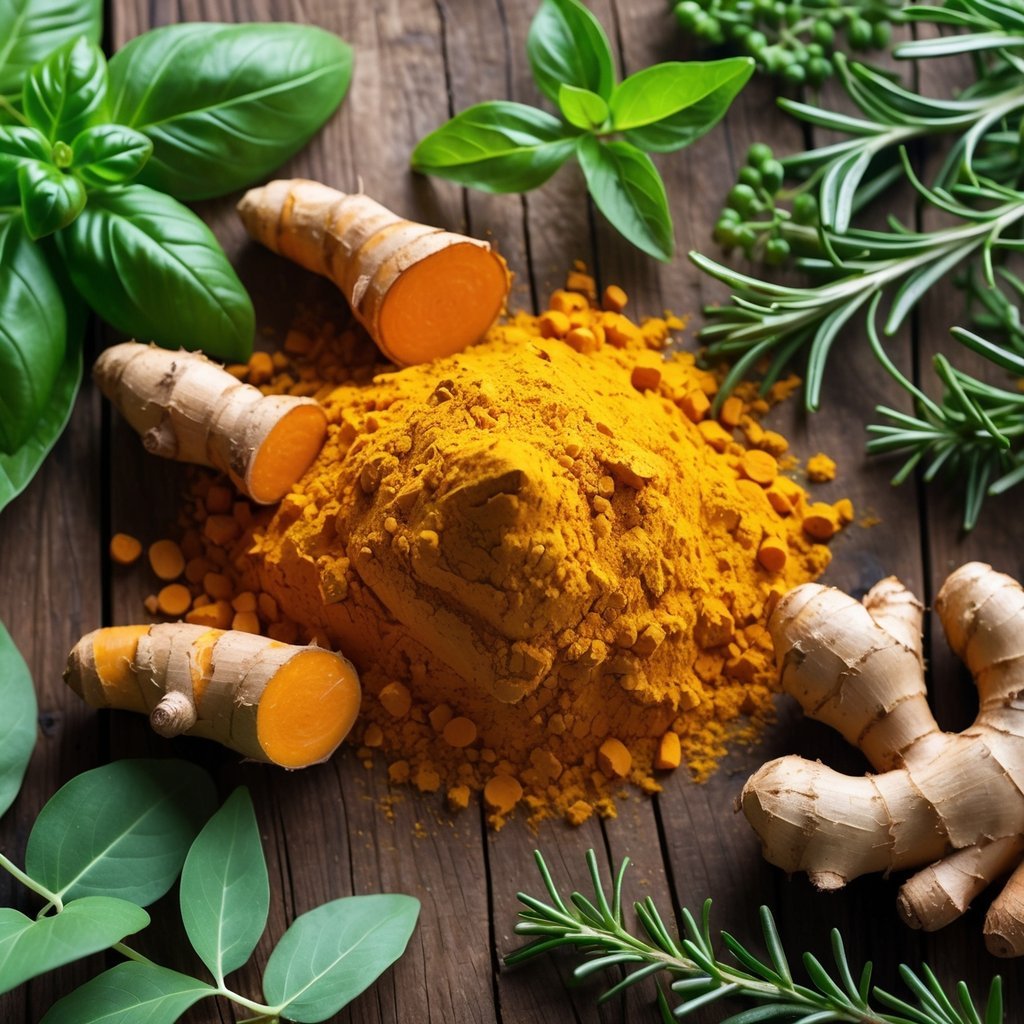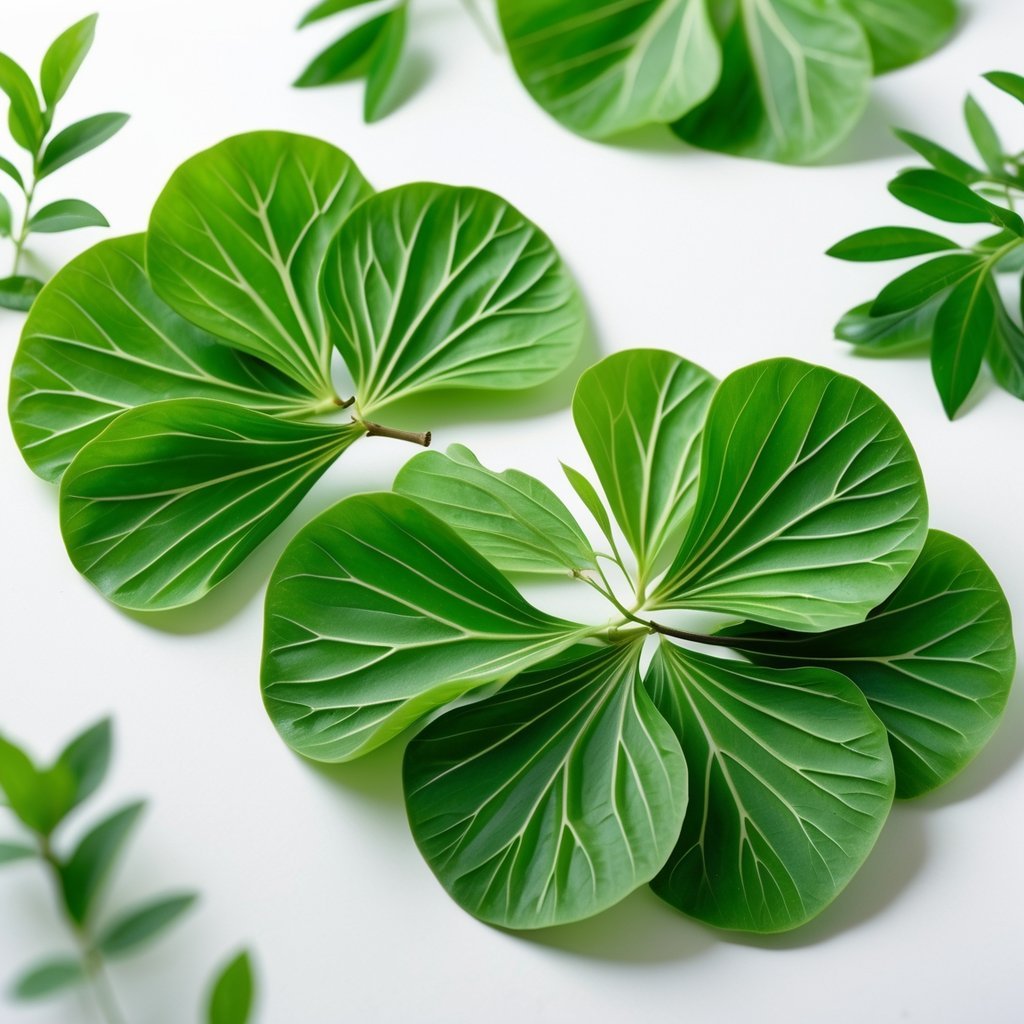PsychNewsDaily Publishers
100 Summit Drive
Burlington, MA, 01803
Telephone: (320) 349-2484
PsychNewsDaily Publishers
100 Summit Drive
Burlington, MA, 01803
Telephone: (320) 349-2484

People have used plants for healing for centuries, but it’s only recently that science has started to explain how some of them actually work. That’s pretty cool, right? Now you don’t have to just take someone’s word for it—you can look at real research and feel more confident about what you’re using.
These five plants can do wonders for your well-being, and there’s actual science to prove it. Knowing which ones have research backing them up just makes it easier to figure out what’s worth growing at home.

Aloe vera is one of those plants you can reach for when your skin needs a little help. It packs natural ingredients that calm inflammation and fight off bacteria.
If you put aloe vera gel on a scrape or burn, it keeps things moist and helps your skin bounce back. You’re also giving your skin a dose of vitamins and minerals that help it stay healthy.
Most people find using aloe vera pretty easy and safe. You can grab a cream at the store or just scoop the gel straight from the leaf. It’s a go-to for soothing burns, cuts, and dry patches—no wonder so many people swear by it.

Turmeric is that bright yellow spice you’ve probably seen in your kitchen. The magic comes from curcumin, which gives turmeric its color and its health benefits.
Curcumin acts as both an antioxidant and an anti-inflammatory. When you add turmeric to your food or drinks, it can help calm swelling and protect your cells from damage.
Some studies even suggest curcumin can ease pain that comes with inflammation. It’s a gentle, natural way to give your body a little extra support.
Try tossing turmeric into your meals or smoothies, or look into supplements if that’s more your style. Just check with a healthcare provider first, especially if you’re not sure what’s best for you.

You might want to check out gingko biloba if you’re hoping to give your memory a boost. This plant can improve blood flow, especially up to your brain.
When your brain gets more oxygen and nutrients, you might notice it’s easier to focus or remember things. That sounds helpful, doesn’t it?
People have turned to gingko biloba for ages in traditional medicine. Now, modern research shows it may lower inflammation and support brain health too.
If you’re thinking about trying it, pay attention to the dosage. While it’s usually safe, it can interact with certain meds, so it’s smart to ask your healthcare provider first.

Echinacea is a favorite for people who want to help their immune system do its job. It can give your body a leg up when you’re fighting off a cold or the flu.
Lots of folks reach for echinacea as soon as they feel a little under the weather. Some research suggests it can help shorten how long you’re sick.
You’ll find echinacea in teas, capsules, or even tinctures. It’s packed with natural compounds that help your body go after viruses and bacteria.
If you use it early, you might notice your immune system responds faster. It could also help you recover a bit quicker. Still, it’s always smart to talk to a health professional before adding something new to your routine.

Grapeseed extract packs plenty of antioxidants that protect your body from free radical damage. These antioxidants actually help your heart by keeping blood pressure in check.
They also boost blood flow, which feels like a nice bonus. Some folks take grapeseed extract to support their blood vessels and overall cardiovascular health.
It seems to help your body handle inflammation, too. If you’re looking for a natural way to support your heart, you might want to give grapeseed extract a try.
Of course, it’s always smart to check with your healthcare provider before adding any new supplement.